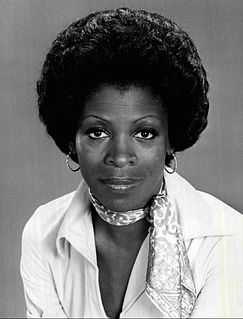A Quote by Henry Louis Gates
The sad truth is that the civil rights movement cannot be reborn until we identify the causes of black suffering, some of them self-inflicted. Why can't black leaders organize rallies around responsible sexuality, birth within marriage, parents reading to their children and students staying in school and doing homework?
Quote Topics
Marriage
Sad
Truth
Around
Birth
Black
Cannot
Causes
Children
Civil
Civil Rights
Civil Rights Movement
Doing
Homework
Identify
Inflicted
Leaders
Movement
Organize
Parents
Rallies
Reading
Reborn
Responsible
Rights
Rights Movement
Sad Truth
School
Self
Self-Inflicted
Sexuality
Some
Staying
Students
Suffering
Them
Truth Is
Until
Why
Within
Related Quotes
Particularly black Americans, many of them, from quotes that I have seen and conversations I've had, are sort of insulted that the civil rights movement is being hijacked - the rhetoric of the civil rights movement is being hijacked for something like same sex marriage. Black Americans tend to have a higher degree of religiosity.
Generally, the arguments for same-sex marriage go along these lines: 'I have a civil right.' What the homosexual movement wants to do is to hitch their agenda to the civil rights movement, but I point out that this is illegitimate for a number of reasons. Number one, no black person has ever left his black-ness or changed his black-ness, but plenty of people have come out of the homosexual movement. What we need to do is distinguish between race and behavior.
The civil rights movement didn't deal with the issue of political disenfranchisement in the Northern cities. It didn't deal with the issues that were happening in places like Detroit, where there was a deep process of deindustrialization going on. So you have this response of angry young people, with a war going on in Vietnam, a poverty program that was insufficient, and police brutality. All these things gave rise to the black power movement. The black power movement was not a separation from the civil rights movement, but a continuation of this whole process of democratization.
President Obama is a man who had certain advantages because of the civil rights movement. He had the opportunity to go to some of the best schools in this country - schools that train you how to run the political paradigm, not challenge it. The leaders of the Black Power Movement were challenging that paradigm.
Eventually [black men] are arrested, whether they've committed any serious crime or not, and branded criminals or felons for life. Upon release, they're ushered into a parallel social universe in which the civil and human rights supposedly won during the Civil Rights Movement no longer apply to them.

































